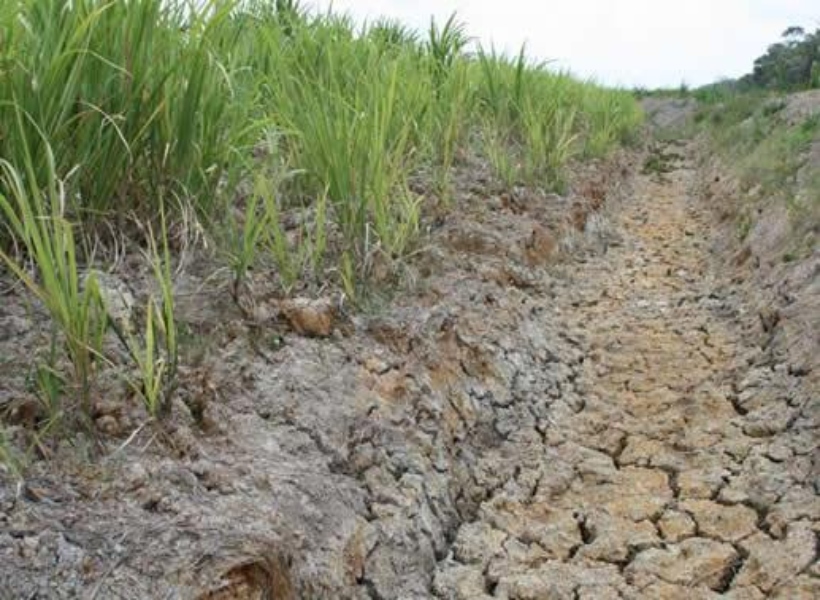Guyana is set to experience a notably drier and warmer November-January season, as the latest forecast from the Hydrometeorological Service of the Ministry of Agriculture indicates a deviation from the usual wet conditions. This period, traditionally marked by significant rainfall across several regions, is predicted to bring lower-than-average precipitation due to the ongoing El Niño phase.
The short-wet season, expected to commence in mid to late November, typically sees the highest incidence of high-intensity rainfall, often triggering flash floods. However, the current El Niño trend suggests that the usual downpours will be subdued, and regions known for their wet season might not receive their standard share of rainfall. This change is most pronounced in Regions One through Five, 10, and the northern parts of Region Six, which will all see less rainfall than usual. Moreover, Regions Eight and Six’s southern sections, along with all of Region Nine, will persist in a state of dryness.
Water conservation is also a growing concern, the Hydromet office said with anticipated low water levels in the conservancies, reservoirs, and inland rivers of the drier regions. Meanwhile, regions that are expected to see increased rainfall will experience a slower replenishment of their water supplies. Despite an overall reduction in rainy days, the Hydromet office said the threat of sudden and intense rainfall leading to flash floods remains high during December and January.
Temperature-wise, the Hydromet office said Guyana will experience a general cooling trend compared to recent months. Yet, both daytime and nighttime temperatures are forecast to be above the normal range for this time of year. Dry days, in particular, will feel significantly warmer compared to wet days.
The Hydrometeorological Service urged the public to take full advantage of rainwater harvesting during this period. With dry days predicted to bring more heat, citizens are advised to adopt measures to protect their health, and farmers are encouraged to create shelters for livestock.
The Hydromet office said further information can be accessed via its website http://www.hydromet.gov.gy or by calling the forecast desk at 261-2284 or 261-2216.











